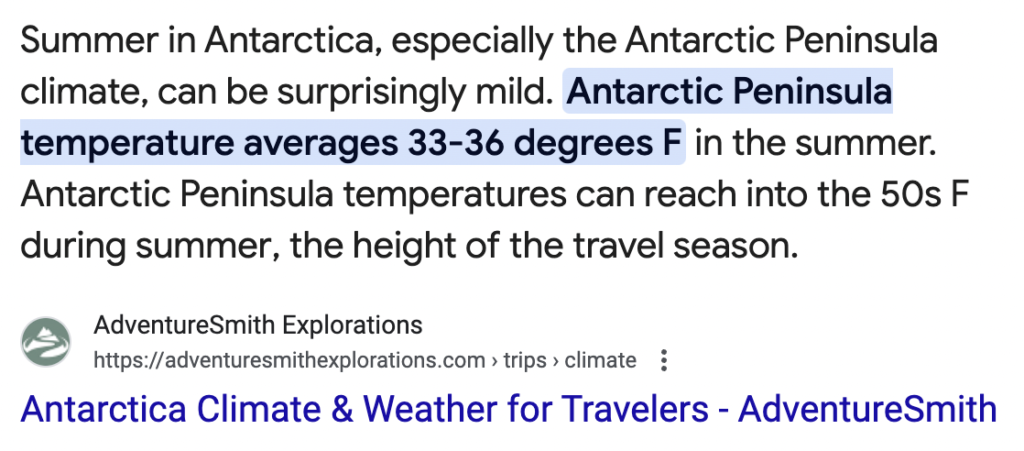Who Gets to Define Normal—And Why It’s Time to Push Back
What is a human being?
Why are we “human beings” and not “human doings” or “human workings” or, worse yet—”human hustlings”? Why are we meant to be?! Why is being the core of all life???
Speaking of human being… What makes one “normal”? Because we’re all human beings, doesn’t that mean that we’re all… Ya know… Normal?!
“Normal.” This word has bothered me for ages. Many words bother me. More accurately, it’s actually people using them inaccurately! And at times, the very word itself. Language—and the words used to create them!—matter more to me than many. You know this. I write about this often. I even have a category over yonder on the right side of the page called words mean things.
There are some words that make me itch like a patch of dry skin. Like a tag on my shirt rubbing up on my neck that just won’t quit. Like that itch on my back I simply can’t reach.
And then I research. I examine. I assess. I question. And that, to me, is me reaching and rubbing and scratching the itch and eventually, it gets scratched. The nagging, annoying feeling is removed. When I seek, I inevitably find. We all do!
In my breakout room of my two-way prayer group, I asked:
Who decides what’s “normal”?
I got an unexpected response:
“A setting on the dryer!”
And isn’t it true? Silly, but true!
Who Gets Left Out When We Define “Normal”
To me (and in my humble opinion it should be for er’body!), all of humanity is normal. After all, whoever God created in His image is “fearfully and wonderfully made,” so who are we to decide who’s abnormal?! THE AUDACITY! When we say “___ is not normal,” what we’re really saying is “___ is different than me,” and that difference makes them abnormal. Ah who say so?!
How do you not know that you’re the outlier?!?!
So who decides?
I taught English as a second language because I love words and language and grammar and sounds and all of it! I wanted to teach my kids (aka students) to love language as much as I did. To use language clearly and pointedly and directly to get their needs met. Not only their needs, but their wants and hopes and dreams and desires, too! Before we do, we must be. And how do we describe who we are without language? Without words?!
I’m sure you can then imagine that in nursing school, the medical definition of normal really bothered me. If being is the core of all life, how does medicine decide who fits and who doesn’t? Who’s considered normal in the medical world in these here (Dis)United States of America?
A country founded on—and continues to be perpetuated by—old, ignorant, uneducated White men who raped, stole, pillaged, and deceived their way through life? A country built on hating anything outside of what it knew—as small and tiny as it was then and remains even smaller now?! Normal in medicine and in “healthcare” was, at its core, experimenting on Black bodies without consent. Yet all of the textbooks, even in 2022, demonstrated normal as White skin.
Older people, people of the global majority, people with intellectual disabilities, and yes, even pregnant women were relegated to the back of the chapter in a section called… Wait for it… Pregnant pause to build the drama… “Special Considerations.”
Yeah babes, you and me were only mentioned in the heart of the chapter other than a note or even—dare I say—a warning sign that said, “See Special Considerations.”
Ah wha di ras?!
For all my Blerds aka Black nerds or scientists or readers or lovers of academic and scientific writing: I just googled “medical definition of normal” and stumbled on this article, a phenomenal read if you so desire in BioMed Central titled: Normality in medicine: a critical review.
TLDR the article? I got you! What’s “normal” in medicine? Turns out, even the “experts” don’t fully agree! This review breaks down different ways “normal” is defined—scientifically, socially, and philosophically—showing why it’s time to rethink how we use the word in healthcare today. The way we define normal affects everything from diagnoses to treatment plans, shaping who gets care, how they’re treated, and whether their experience is validated or dismissed.
But I di-Jo. I came here on a mission and I shan’t get sidetracked by the tomfoolery of it all!
Back to being “normal”. It’s audacious at best to call someone “abnormal”.
Better Than “Normal”: Why “Typical” Makes More Sense
Sure, medically we must decide what is “normal.” We have to have a working definition so we’re all on the same page. And that’s not just in medicine, that’s in er’thing! I spoke about this with my peers, and we landed on a better word than “normal” in medicine: TYPICAL.
Because “normal” makes anything outside of it seem wrong or even less than, but “typical” just describes what’s common—without erasing what’s different.
Lemme wrap with this:
We’re all normal. And here’s the thing about normal—the norm for one group surely isn’t the norm for others.
Por ejemplo: In the Caribbean, it’s typical to wear bikinis on the oceanside in the summer or shorts, tank tops or short sleeves when it’s in the 90s and temps reach the 100s (or in the mid and upper 30s for my friends who use Celsius).
But can you imagine wearing that same attire in Antarctica in the summer? One could literally freeze to death!

So while we appreciate and even respect the norms—the typicals—we must also not center ourselves. Whether White, Black, or other, who we are is not the center or the norm or even the good! Who we are is not typical. Who we are is simply being.
And last I checked, most of us human beings are simply working to be. To be at peace. To be at home in our own bodies. To be more whole. To be more free. To be—without having to prove our worth. We are human beings, not human measurings, human judgings, or human categorizing. Simply, beautifully, and imperfectly, we are human beings.
As you move through this day, this month, this year, this life, be more gentle with yourself and with those around you, because we’re working on being more. More at peace. More at home. More kind. More loving.
And that’s my goal, isn’t it? That you’ll learn extend as much grace to yourself as you extend to your loved ones. And a stranger is someone’s loved one, even if not your own, so extend them grace and love too. After all, we were all created in love, by love, for love, to love.
I Am Enough: A Prayer for Living as God Created Me
Father, Creator of all that is True,
You made me in Your image—fearfully and wonderfully, and intentionally. By the power of Your words, you made us. Not to fit into the mold of this world, but to be as You created me to be. You made us to be set apart, to shine like a city on a hill that can’t be hidden. Let us shine! Let us be!
Let me release the weight of chasing normal—the longing to shrink, conform, prove or hide. Instead, ground me in the Truth that I belong—because I am Yours and You are mine.
I do not need to measure up, blend in, or seek validation from wrong, judgmental, erroneous, fleeting standards. I am not a category to be labeled, a condition to be corrected, or a difference to be tolerated.
I am whole, worthy, known and well loved—just as I am. I don’t need to change to be better because who I am right now in this moment is good.
May I walk in the peace of being. May I go at the pace of peace– slow, and delicious, not striving to fit, but resting in my being.
May my life continue reflect Your Truth: That in You, I am enough. That in You, the God of I AM THAT I AM, I am, too.
And so it is. It is well. And it’s already well done. Aaaaamen!


